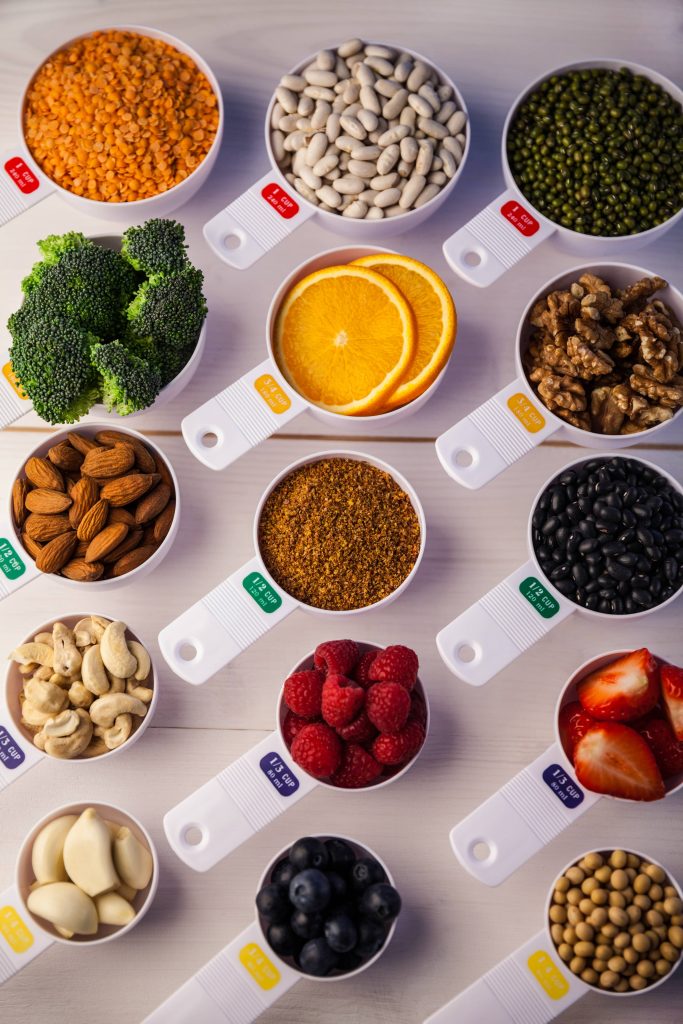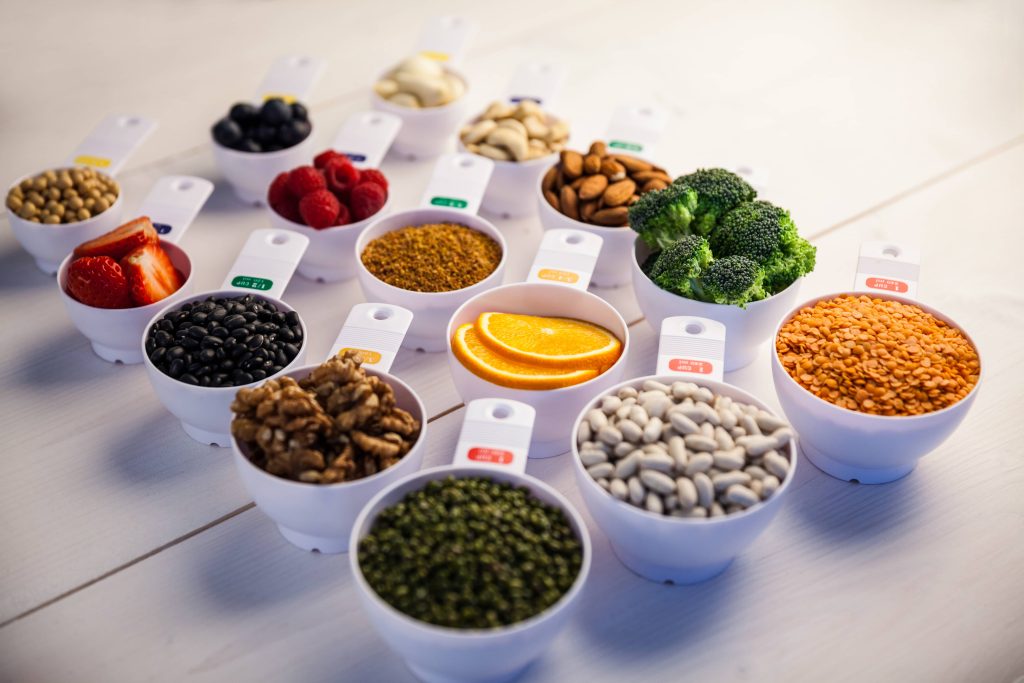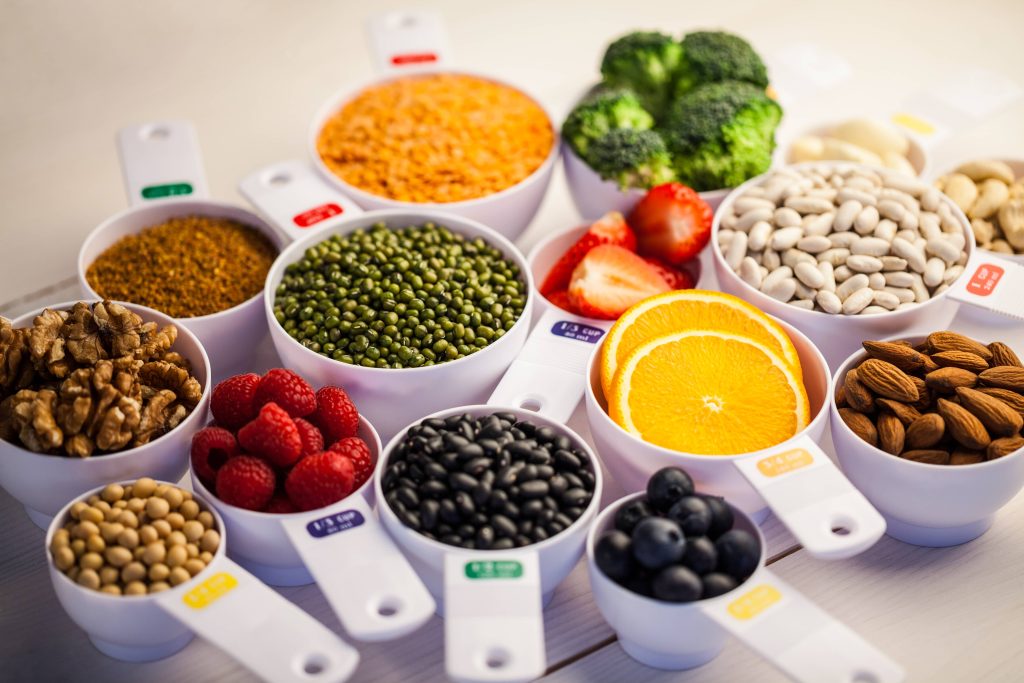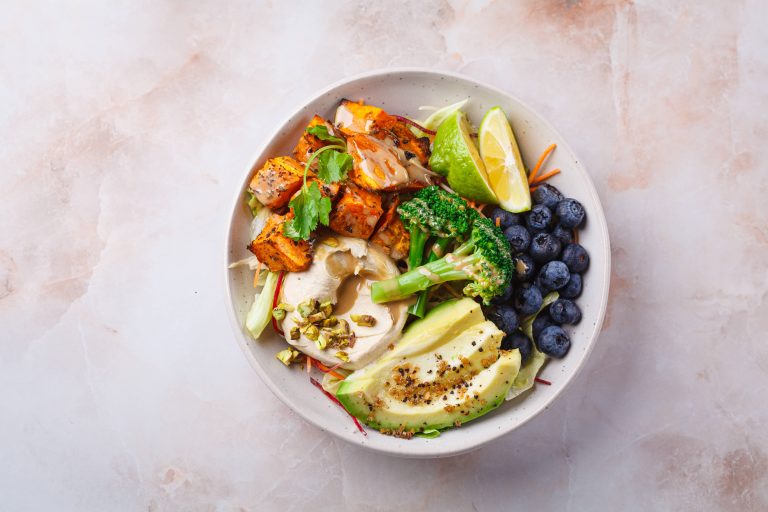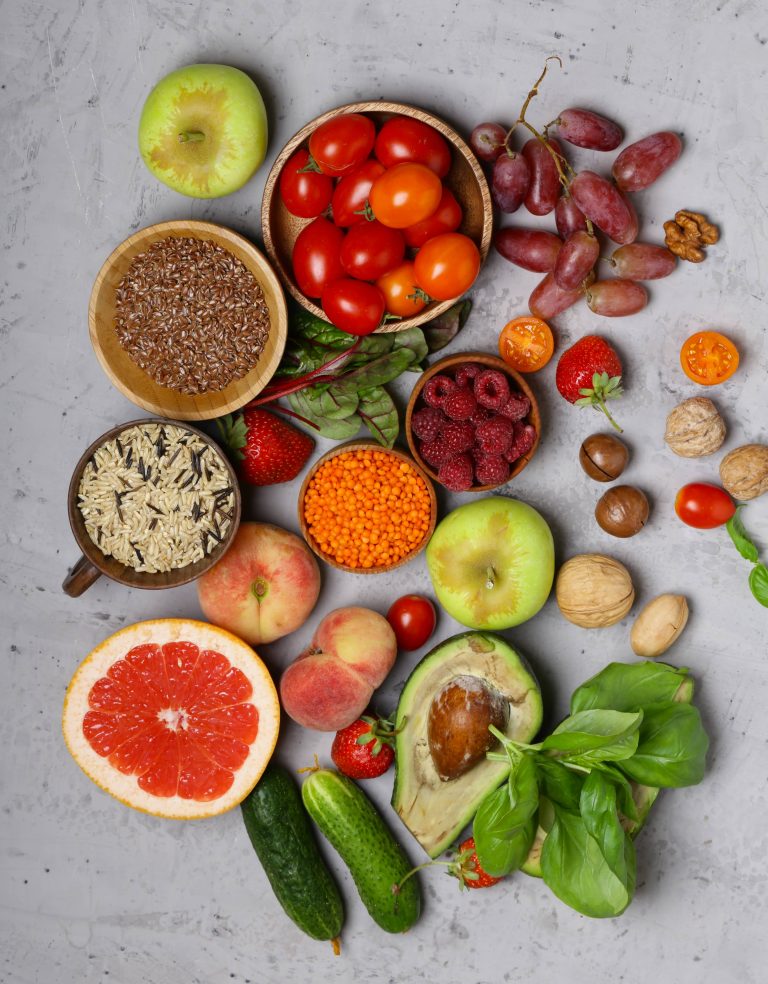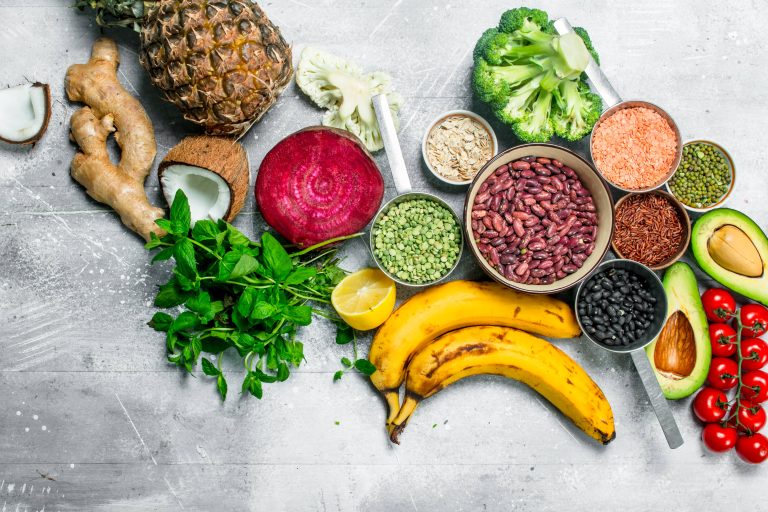
Breastfeeding is an incredible journey that offers a wealth of benefits for both mothers and their babies. It’s a unique time when nutrition plays a critical role, not just in the growth and development of the newborn, but also in supporting the mother’s health and wellbeing. Meeting your nutritional needs while breastfeeding is essential for maximizing the health benefits for both you and your little one. This post will explore the key aspects of nutrition during breastfeeding and offer practical tips to help you navigate this crucial period.
The Importance of Nutrition for Breastfeeding Mothers
Breast milk is often called “liquid gold,” and for good reason. It contains an ideal mix of vitamins, protein, and fat that is easily digestible for a baby’s immature system. It provides the antibodies babies need to fight off viruses and bacteria while promoting healthy weight and reducing the risk of certain illnesses. For mothers, breastfeeding can help shed pregnancy weight, reduce the risk of certain cancers, and foster a unique bond with their child.
However, producing this nutritional powerhouse around the clock requires a substantial amount of energy and nutrients. A breastfeeding mother needs more calories and a well-rounded diet to ensure that both her body and her baby’s needs are met. On average, breastfeeding mothers require an additional 450 to 500 calories per day, though this can vary depending on individual factors such as age, activity level, and whether they’re fully or partially breastfeeding.
Key Nutrients for Breastfeeding Mothers
1. Protein: Protein is crucial for repairing tissues and supporting growth, playing a vital role in milk production. Start with lean meats, eggs, dairy products, legumes, and nuts to ensure you’re getting enough protein.
2. Calcium: While nursing, your body will absorb calcium more efficiently, but it’s still crucial to consume about 1,000 mg of calcium daily. Include dairy products, leafy greens, fortified plant-based milk, and fish with bones like sardines in your diet.
3. Vitamin D: This vitamin helps your baby absorb calcium for healthy bone development. Spend some time in sunlight, eat fortified foods, and consider a supplement if your healthcare provider thinks it’s necessary.
4. Iron: Iron supports your energy levels and overall health. Incorporate red meat, poultry, fish, legumes, and iron-fortified cereals into your meals to maintain adequate iron levels.
5. Essential fatty acids: Omega-3 fatty acids, particularly DHA, are crucial for your baby’s brain and eye development. Fatty fish like salmon, sardines, and tuna are excellent sources. If you’re vegetarian or concerned about mercury, consider algae-based supplements.
6. Fluid intake: Staying hydrated is essential for milk production. Aim to drink about 3.1 liters (13 cups) of fluids daily, which includes water, tea, coffee, and milk. Your body is an excellent guide – drink whenever you feel thirsty.
Balancing Calories and Nutrition
While it’s essential to consume additional calories, the focus should be on the quality of those calories, not just quantity. Opting for nutrient-dense foods can help you meet the additional energy demands without unnecessary weight gain. Whole grains, fruits, vegetables, lean proteins, and healthy fats provide the essential nutrients and sustain high energy levels.
Practical Tips for Busy Moms
As a new mother, your time and energy are often dedicated to your newborn, making it challenging to focus on your nutritional needs. Here are some practical tips to help you maintain a healthy diet while breastfeeding:
1. Meal Prep: Preparing meals ahead of time or doubling recipes when cooking can save precious minutes and provide you with quick, balanced options during hectic days.
2. Healthy Snacks: Keep nutritious snacks like yogurt, nuts, fruits, and whole grain crackers nearby to fuel your body between meals.
3. Listen to Your Hunger Cues: Trust your body’s signals. Breastfeeding increases your appetite – eating when you are hungry will help regulate your energy and mood.
4. Supplements: Although it’s ideal to get nutrients from food, consider a multivitamin or specific supplements based on your healthcare provider’s recommendations.
5. Balanced Plates: Aim to fill half your plate with fruits and vegetables, a quarter with lean proteins, and a quarter with whole grains.
Foods to Limit or Avoid
While it’s essential to focus on nutrient-rich foods, some items should be limited or avoided:
– Caffeine: Limit intake as excess caffeine can interfere with your baby’s sleep and cause irritability.
– Alcohol: If you choose to drink, do so in moderation and allow several hours before breastfeeding to ensure alcohol levels in milk decrease.
– Allergens: If your family has a history of allergies, consult your doctor for specific recommendations on foods to avoid.
Conclusion
Breastfeeding is a remarkable commitment that offers countless benefits. By prioritizing your nutritional needs, you create a strong foundation for both your baby’s health and your own wellbeing. While every mother’s journey is unique, ensuring a balanced, nutrient-dense diet can make the experience more nourishing and fulfilling for both of you.
Be patient with yourself and remember that good nutrition doesn’t have to be perfect. If you have any concerns or specific dietary needs, consider consulting a healthcare professional or a registered dietitian, who can provide personalized advice. Embrace this special time, and celebrate the incredible work your body is doing to nurture your baby.


